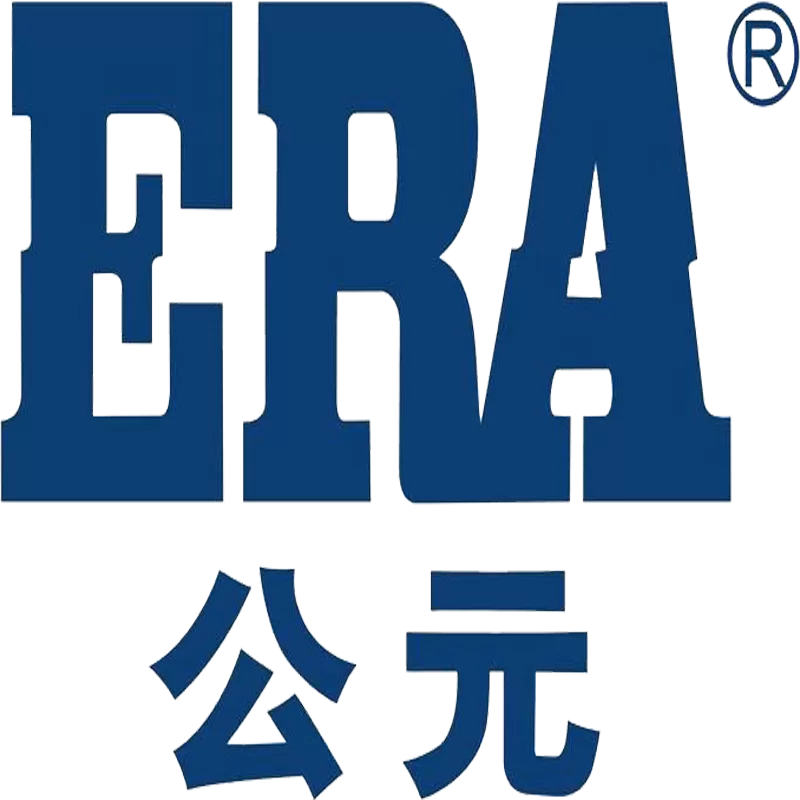In the municipal underground pipe network, industrial sewage system and other projects, the quality of the pipeline is directly related to the long-term stable operation of the project. As a well-known brand in the field of plastic pipes, the HDPE carat pipe (high-density polyethylene wound structural wall pipe) launched by AD Pipeline has become a reliable choice for many projects by virtue of the production system that strictly follows international standards.
HDPE carat pipe's quality core is derived from the in-depth practice of international authoritative standards - including ISO 16422 "Plastic Pipeline System - Winding Structural Wall Pipe System - Polyethylene (PE) Pipes and Fittings", EN 13476 "Plastic Pipeline System - Winding Structural Wall Pipe System - Polyethylene (PE) ", etc. AD Pipeline draws a strict red line from the raw material link: only high-density polyethylene resin that meets international standards is used to ensure that the pipe is naturally equipped with excellent chemical corrosion resistance and anti-aging performance, and to avoid material hazards from the source.
During the production process, AD Pipeline adopts advanced winding molding technology, and each process precisely matches the international standard parameters: winding angle, welding temperature, wall thickness control... Every detail is repeatedly calibrated, and finally the ring stiffness of the pipe is stable to SN8 and above - which means that even if the buried depth is large, it can effectively resist soil pressure and ground load, and adapt to complex engineering environments.
In order to make "in line with international standards" not a slogan, AD Pipeline has established a whole-process testing system: each batch of pipes must pass the ring stiffness test, impact strength test, hydrostatic strength test and other key indicators inspection, testing equipment and methods fully comply with international standards - such as using an electronic universal testing machine to simulate a long-term pressure environment, using a drop weight impact testing machine to verify the impact resistance, to ensure that each carat pipe can meet international quality requirements.
In addition to the rigor of the standard layer, the practical advantages of AD HDPE carat pipes are also very prominent: high ring stiffness can cope with the pressure challenge of deep burial scenarios, anti-corrosion characteristics are suitable for the chemical medium environment of industrial sewage, the sealing reliability of the electric hot melt/heat shrinkable belt interface completely solves the hidden danger of leakage, and the lightweight characteristics greatly reduce the transportation and installation costs - these advantages are the product of the combination of international standards and actual needs.
Because of this, AD HDPE carat pipes are widely used in municipal drainage, industrial sewage, farmland irrigation, landfill leachate collection and other scenarios. For example, in the old urban drainage pipe network renovation project of a southern city, the traditional concrete pipe suffered from leakage and rupture due to long-term sewage corrosion. After switching to AD HDPE carat pipe, not only the hidden danger of leakage was completely solved, but also due to the characteristics of light weight and fast installation, the construction period that originally took 3 months was shortened to 45 days, and the project cost was reduced by 15%, which was recognized by both Party A and the construction party.
For pipeline engineering, "quality" is never an abstract concept - it is the strict screening of raw materials, the precise control of the process, the layer-by-layer check of testing, and the firm adherence to international standards. HDPE carat pipe uses a complete set of "international standards implementation system", writes "reliability" into every pipe material, guards every operation of the urban underground pipe network with quality, and also guards the core demand of the engineering side for "long-term stability".
.jpg)

